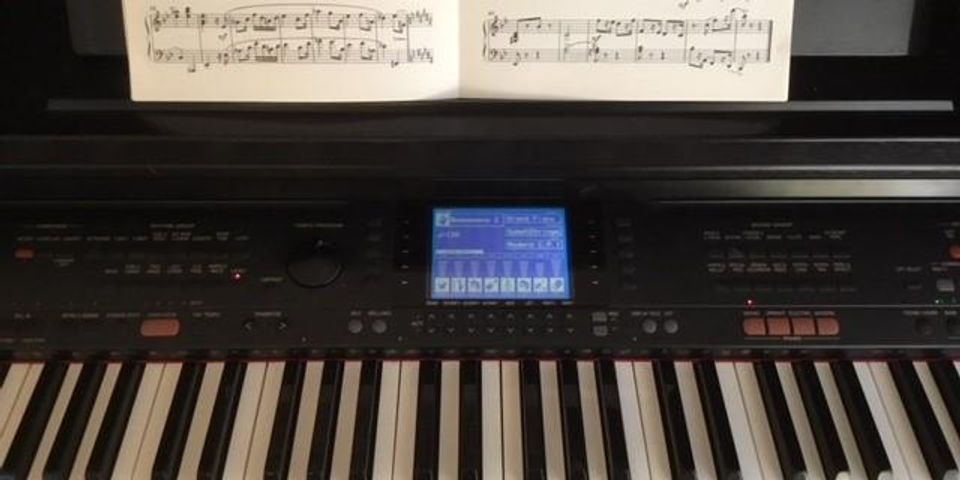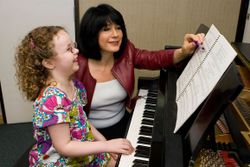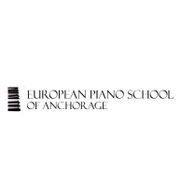When Is the Ideal Age to Start Piano Lessons?

Taking piano lessons is an excellent way for children to develop coordination, creativity, and discipline. These skills will not only benefit them now, but also as they grow into adulthood. As a parent, you may wonder what the best age is for your little ones to start piano classes. Is there a magical time in a child’s life where learning to play comes more naturally? European Piano School of Anchorage, AK, tackles this complicated topic below.
What Age Is Best for Starting Piano Lessons?
Like any life skill, piano proficiency develops fastest the younger the child is. Some children can begin lessons as early as three years old, though most parents don’t want to start their kids so young. Using brain scans of early-learning and later-learning musicians, research has shown that starting music lessons before the age of seven leads to stronger neural connections in the motor regions related to coordination. In other words, children who start younger than seven will retain those skills for longer and possess a higher level of proficiency.
However, there is much more to learning a skill than age. If your child does not want to start during this prime learning period, they won’t reap all the benefits shown in the study. In this case, it would be best to wait until they’re older and you can properly gauge their interest. Although it may take them a bit longer to learn, it’s never too late to start. Adults, for example, are fully capable of learning new instruments.
How Can You Tell if a Child Is Ready?
Regardless of ideal ages, whether  your child is ready for piano lessons or not depends entirely upon them. To open them up to the idea, start exposing them to music at a young age. If you or someone you know plays the piano, have your child listen to a few songs during playtime. Parents with a background in music generally have an easier time familiarizing their children with the practice. For anyone else, toy instruments are an excellent way to introduce the fun of music into your household.
your child is ready for piano lessons or not depends entirely upon them. To open them up to the idea, start exposing them to music at a young age. If you or someone you know plays the piano, have your child listen to a few songs during playtime. Parents with a background in music generally have an easier time familiarizing their children with the practice. For anyone else, toy instruments are an excellent way to introduce the fun of music into your household.
As your child ages, showing genuine excitement or interest in learning to play is a promising sign. If they can sit down and listen to instructions for longer intervals, they should be able to handle lessons. In the end, it’s important to pay attention to your child’s needs rather than pushing them if they’re unwilling.
When your child is prepared to take on piano lessons, European Piano School is ready to teach. Iryna Dunaeva, the school’s professional pianist, guides students through the intricacies of the instrument while keeping lessons engaging and interesting. No matter what their age when they begin, your child will soon be playing beautifully. For more information about private piano lessons, call (907) 360-2915 or visit their website.
About the Business
Have a question? Ask the experts!
Send your question

